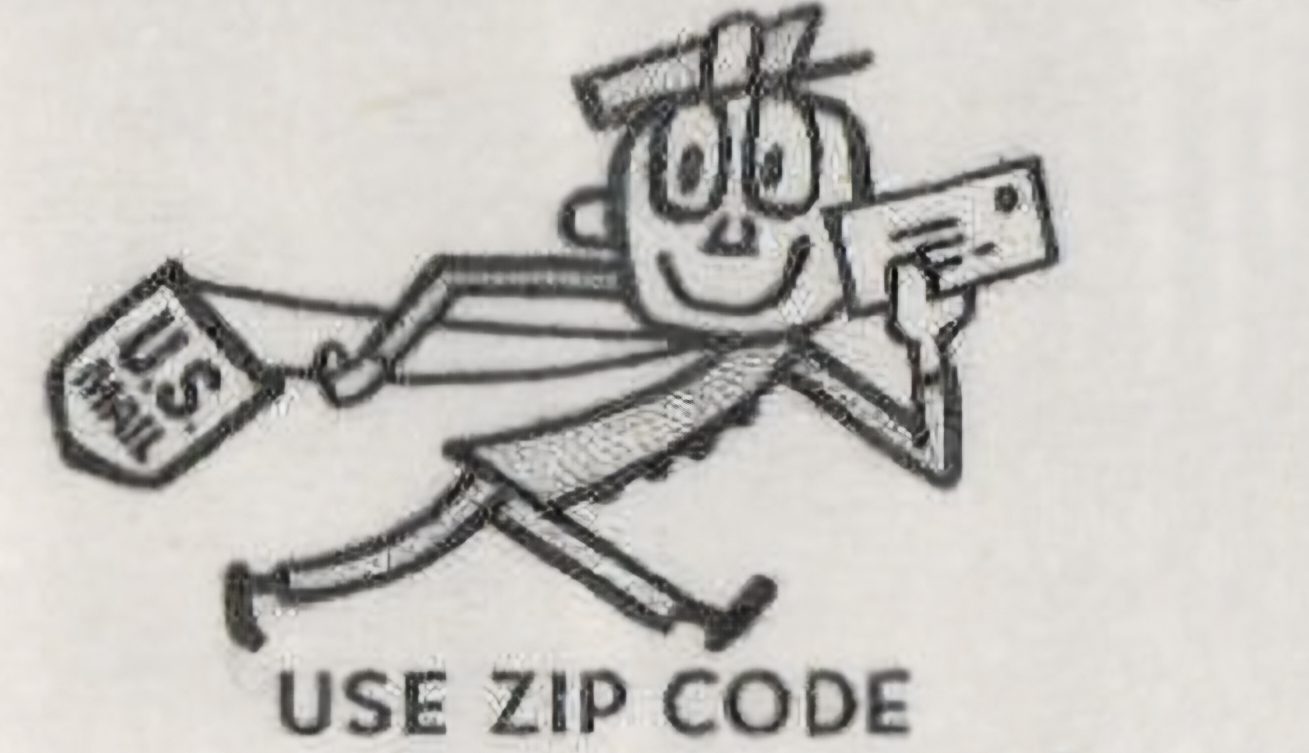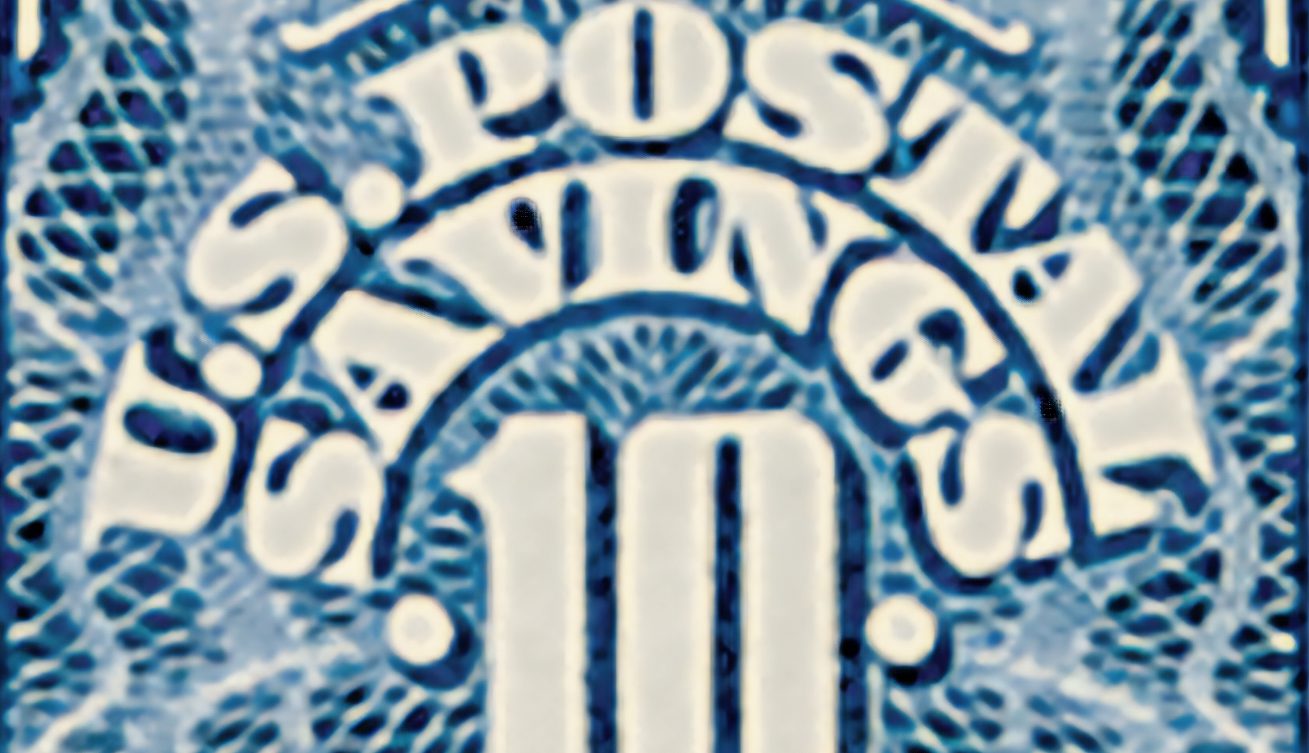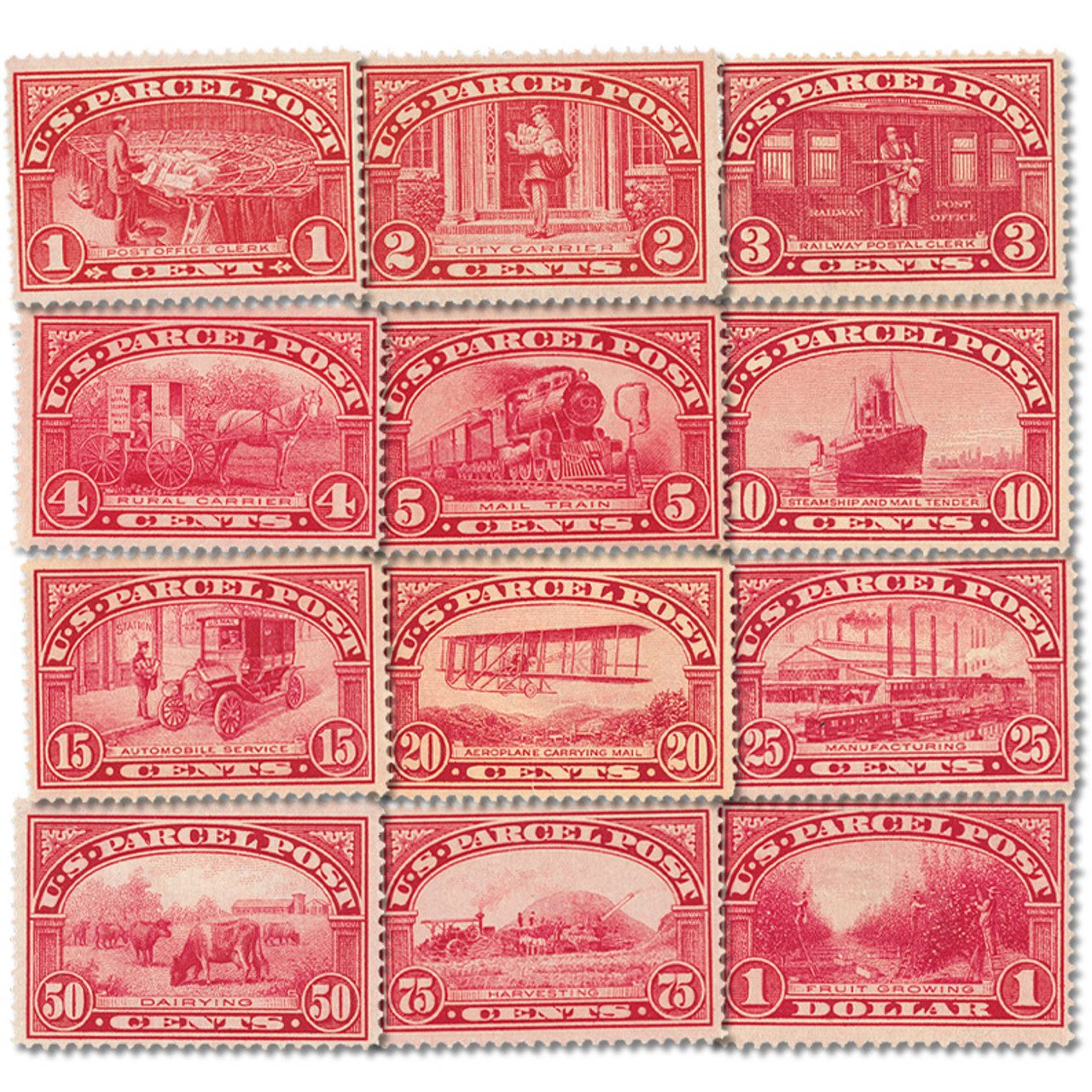Birth of Alexander Hamilton
Alexander Hamilton was born on January 11, 1755 (or 57 – the year is unknown), in Nevis in the British West Indies. He was a hero of the Revolutionary War and first Secretary of the Treasury of the United States.

Alexander Hamilton was born on January 11, 1755 (or 57 – the year is unknown), in Nevis in the British West Indies. He was a hero of the Revolutionary War and first Secretary of the Treasury of the United States.

On January 10, 1964, Mr. Zip first appeared in the selvage of a stamp sheet honoring Texas icon Sam Houston. Created to help promote the use of ZIP Codes, he appeared in the selvage of more than 350 stamp sheets over 20 years.

On January 9, 1963, the US Post Office issued its first definitive stamp to feature the US flag as its main subject, flying over the White House. This began a long-running tradition of “flag over…” stamps.

William Thomas Piper was born on January 8, 1881, in Knapp Creek, New York. He developed the popular and inexpensive Piper Cub and became known as the “Henry Ford of Aviation.”

Novelist and folklorist Zora Neale Hurston was born on January 7, 1891, in Notasulga, Alabama. She was a prolific writer, credited with accurately documenting the lives of everyday working black families in the Deep South during the Depression.

On January 5, 1933, the four-year construction of the Golden Gate Bridge began in San Francisco Bay. It was the longest suspension bridge in the world at the time and has been called a “Wonder of the World” structure.

On January 4, 1896, Utah became a US state. Statehood was finally achieved after several attempts over more than 45 years.

On January 3, 1911, America issued its first Postal Savings stamps. The Postal Savings System was established to serve small investors living in rural communities. Under the program, lower- and middle-income individuals were able to deposit funds at their local post office.

On January 1, 1913, the US Post Office Department initiated its Parcel Post Service for fourth-class mail. The stamps were short-lived but have long been praised for their detail and fine engraving.